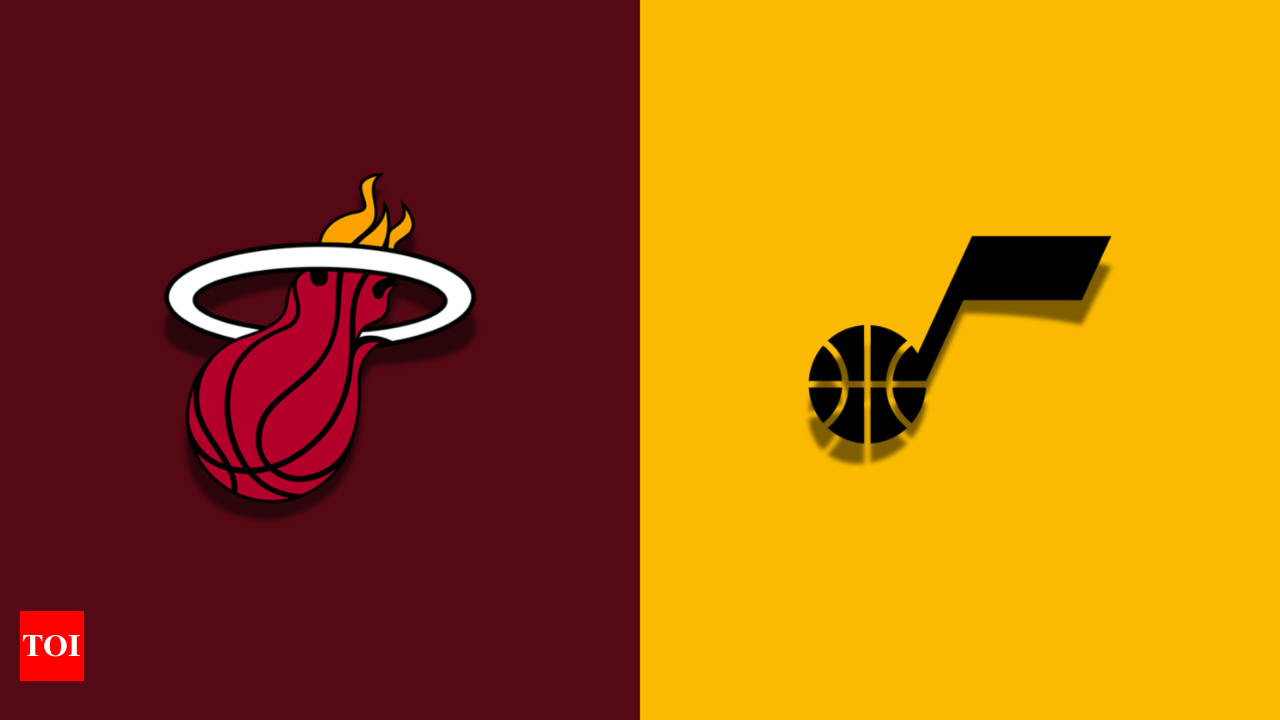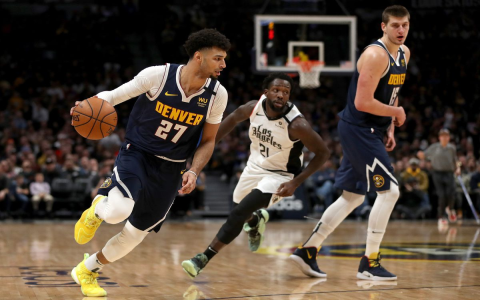Okay, so today I wanted to mess around with predicting how the Heat would do against the Jazz. It’s something I’ve been curious about, and I figured, why not try to build something myself?

First, I needed some data. I mean, you can’t predict anything without knowing what happened before, right? So I spent a good chunk of time gathering game results, player stats, and all that jazz. I was mainly digging through websites. It was a bit tedious, copy-pasting stuff into spreadsheets, making sure I didn’t mess anything up.
Cleaning the mess
Then came the fun part – or not so fun, actually. The data I got was a total mess. Missing values, different formats, you name it. I had to clean it all up, which, let me tell you, took forever. I used a bunch of spreadsheet formulas to standardize everything and make sure it all made sense.
It must have been a whole afternoon just with data collection and the formatting of it. The sun started to go down.
Simple is the way
- Find data
- Clean the data
- Basic calculations
Once the data was finally usable, I started thinking about how to actually make a prediction. I’m no data scientist, so I kept it super simple. I decided to calculate average points scored and allowed by each team, then factor in some recent performance trends. Nothing fancy, just some basic math.
I played around with the numbers, tweaking the formulas here and there to see what kind of results I’d get. It was a lot of trial and error, honestly. I’d plug in some numbers, see the prediction, and then adjust based on what I knew about the teams.

Finally, after a few hours of tinkering, I had something that seemed halfway reasonable. It wasn’t perfect, of course, but it gave me a rough idea of what to expect from the game. I even ran a few “simulations” by changing some variables to see how the outcome might change.
It’s definitely not a foolproof system, and I wouldn’t bet my house on it, but it was a fun little project. It gave me a better appreciation for how much work goes into making accurate sports predictions, even simple ones. Maybe next time I’ll try something a bit more complex!













